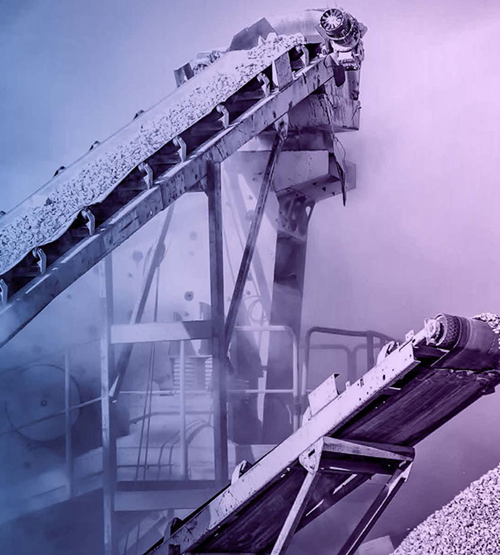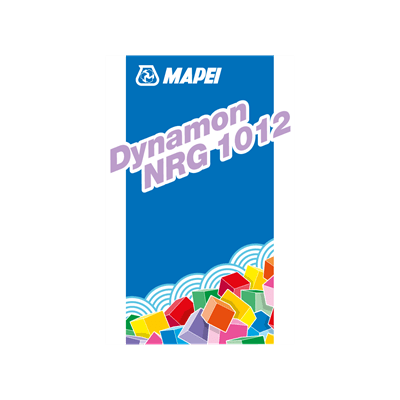

Interviews
/
8/29/2024
Cutting-edge pre-cast concrete with low impact on the environment
Pioneering sustainable precast concrete: the concrete manufacturer Crezza is involved in a research project using geopolymers to promote sustainability in the infrastructure sector
Crezza, a leading Italian company in precast concrete production, collaborated with the University of Brescia and Mapei to develop and test geopolymer concrete, a sustainable alternative with low carbon dioxide emissions. This research aims to enhance the durability and environmental impact of precast concrete elements.
Crezza is an Italian leading company in the production and assembly of precast concrete elements for infrastructures, including new jersey barriers and tunnel segments, with a thirty-year experience in the industry.
What was your contribution to the research work carried out by the University of Brescia and Mapei?
In line with an agreement with Mapei, in April 2023 we launched a test project to produce geopolymer concrete (that is, concrete without cement) on an industrial scale to make precast concrete elements. Following the tests carried out in the Mapei R&D laboratory, Crezza carried out a series of real life tests to perfect the concrete mix, which was then used to make precast elements.
We made both precast concrete elements, as per our usual production process, and a number of beams according to instructions from Prof. Adriano Reggia of the University of Brescia. The beams we made contained steel or GFRP (Glass Fiber Reinforced Polymer) reinforcement. The aim of the research was to create elements with very low impact on the environment by using materials with low CO2 emissions, while the aim of the tests carried out on the elements themselves was to assess the durability and the quality of the product.

The Crezza manufacturing plant in Gordona (Italy).
What future developments will this type of technology lead to?
The aim of the research was to study and develop a type of concrete with low impact on the environment and high resistance to aggression from chemicals while maintaining, or even improving, its durability and resistance performance. The results of the tests were undoubtedly positive, which means we can say that future developments are in line with the initial objectives. By exploiting the product’s high resistance to aggression from chemicals this type of concrete could be used to make elements for channelling water and, in future, proposed for other applications.
How important is the topic of sustainability to the precast concrete industry?
Because cement is an important element in the production of concrete and, as a result, of precast concrete in general, sustainability is of primary importance. Our company has already obtained EPDs for our precast concrete elements with the aim of lowering the impact our products have on the environment even further. We will always be in the front line to test new technologies and to carry out tests on new products to promote sustainability.













